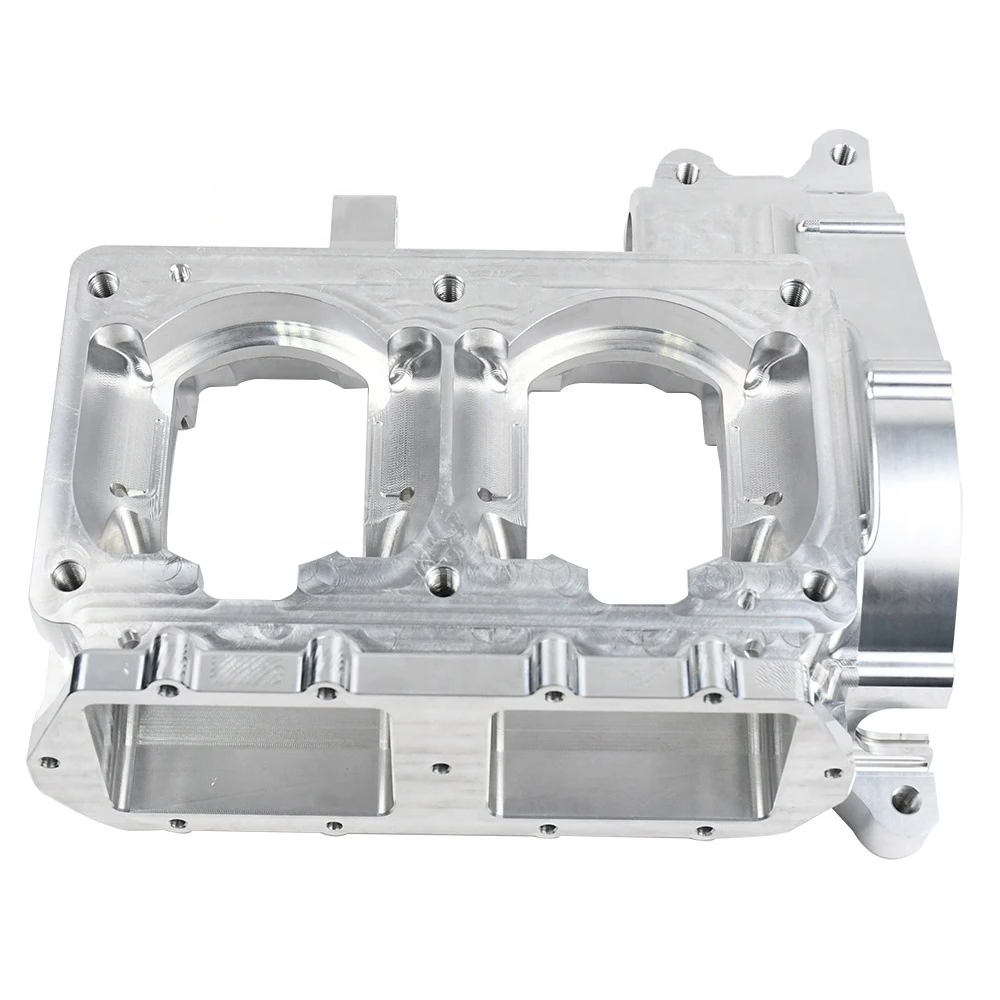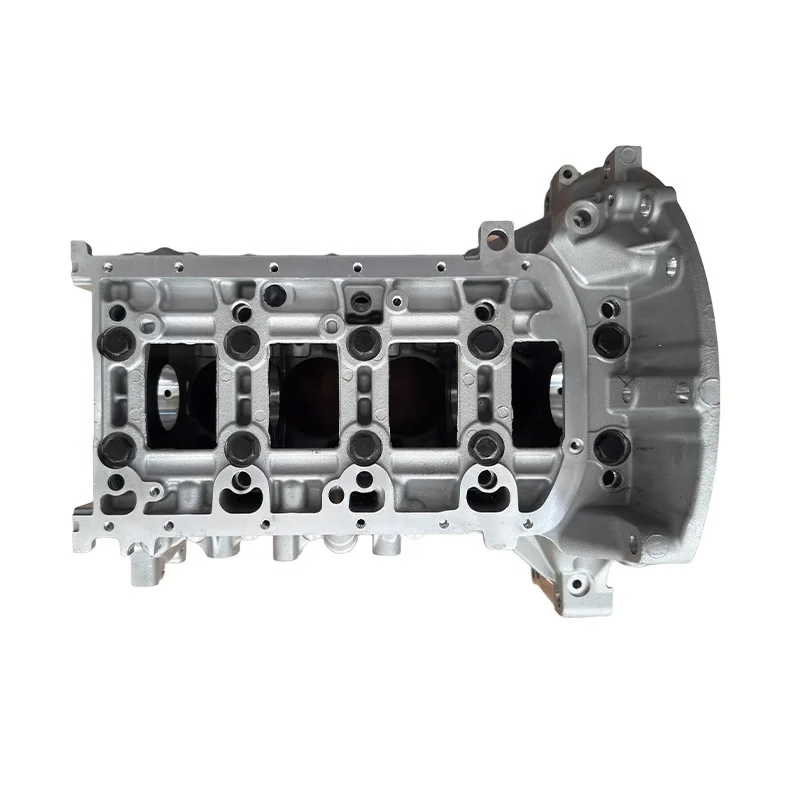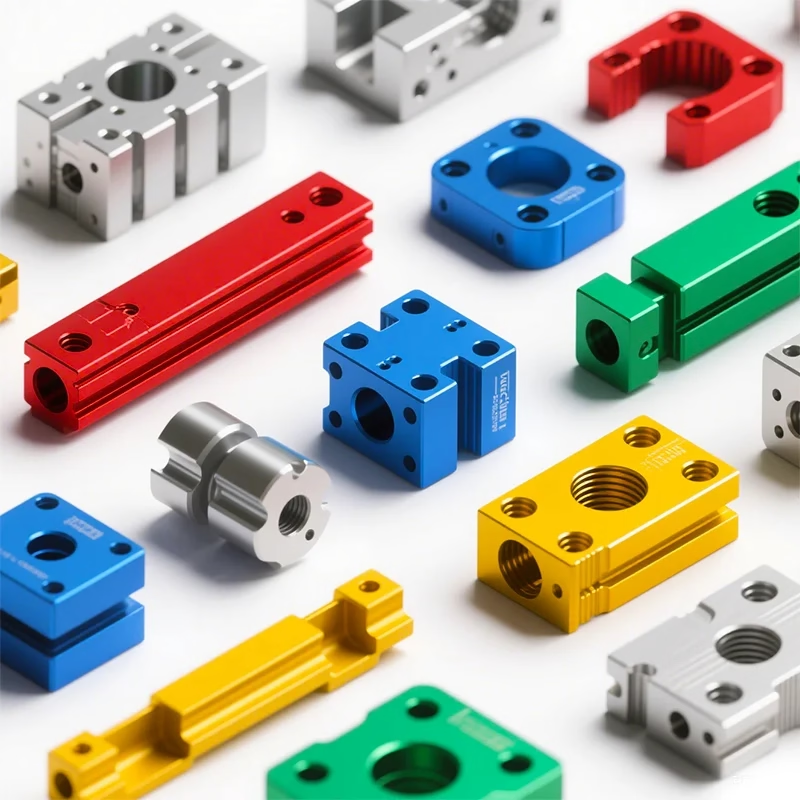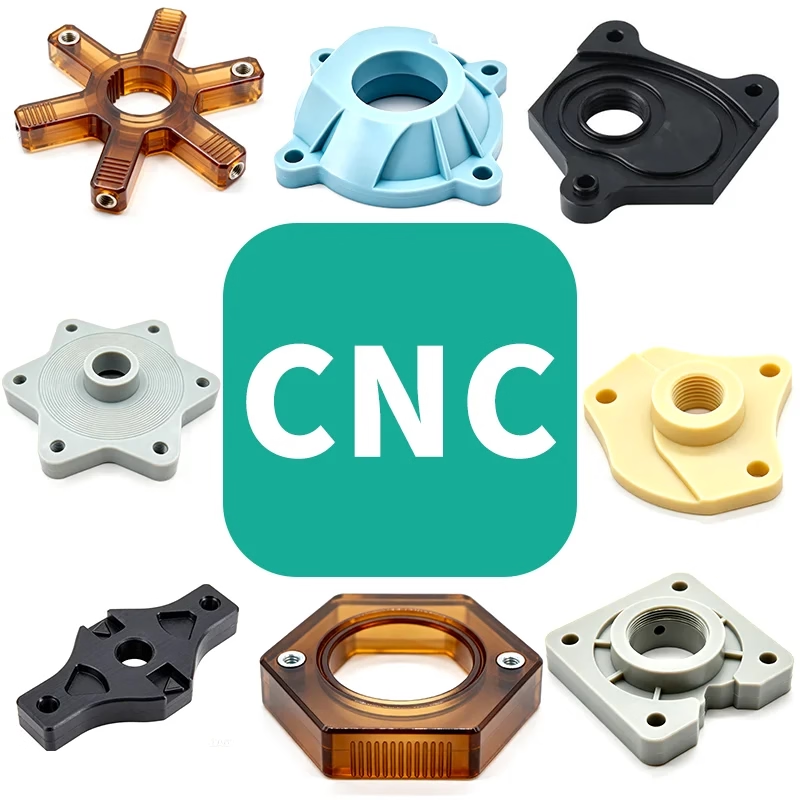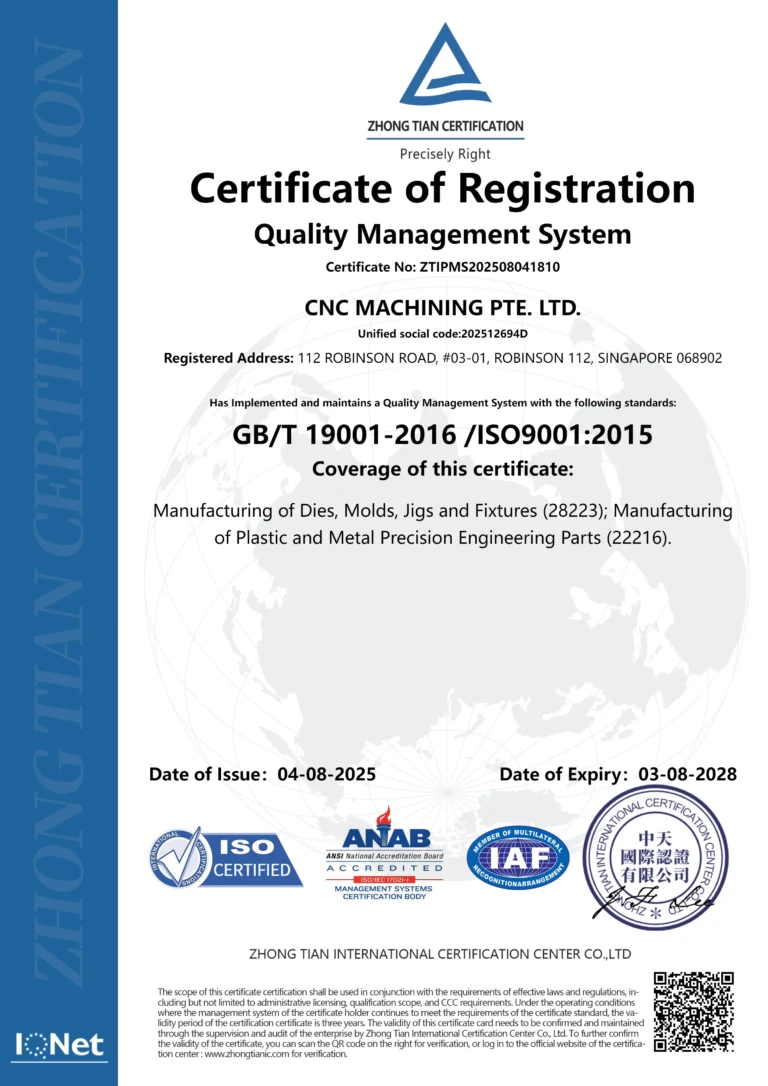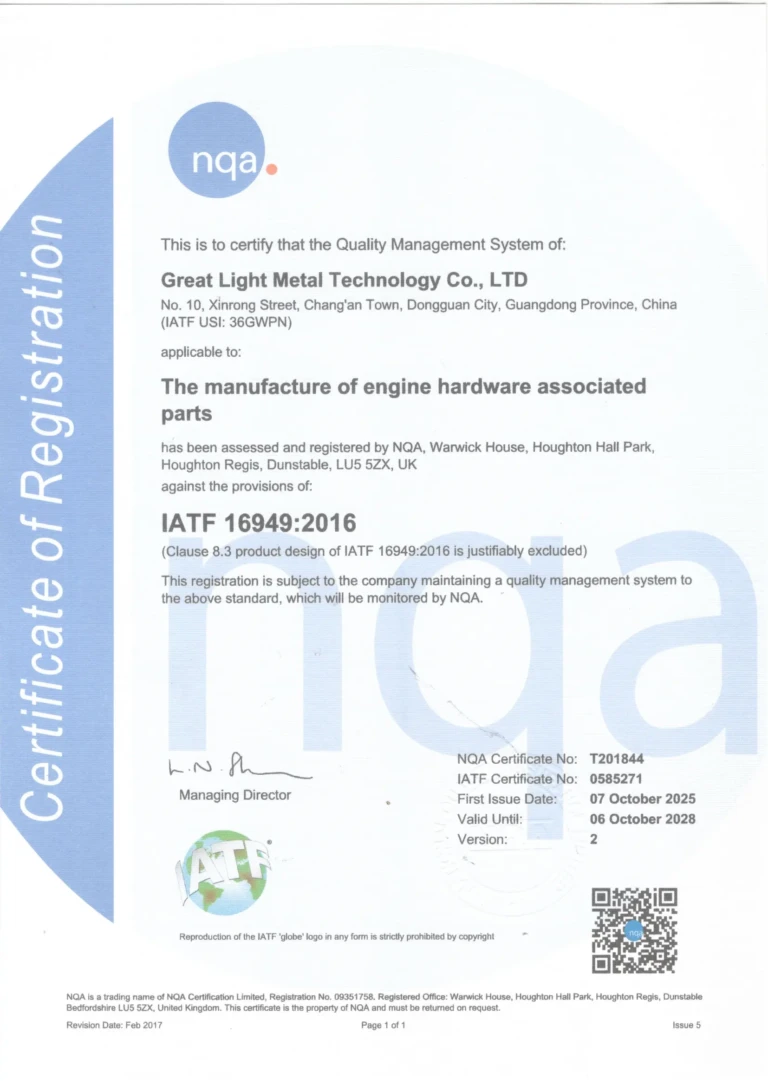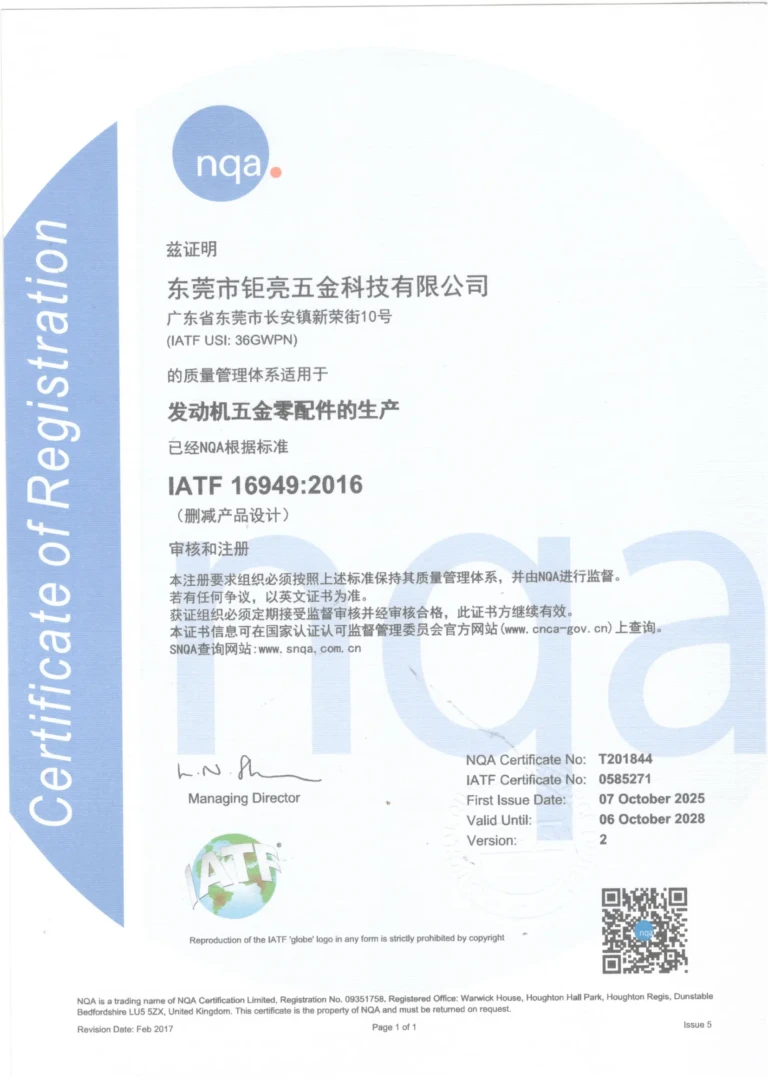Toyota Electric Cars Extensively Use CNC Processing Technology: The Driving Force Behind Precision Manufacturing
How CNC Processing Technology Is Reshaping Toyota Electric Car Manufacturing
Lightweight, High‑Strength Component Production
- 5‑Axis CNC Machining of Battery Trays
Toyota’s next‑gen EV platforms leverage 5‑axis CNC machining to sculpt 6061‑T6 aluminum battery trays that are 30% lighter than stamped alternatives, while retaining torsional rigidity essential for crash safety and battery pack integrity. - High‑Precision Titanium Motor Mounts
Complex cooling channels are milled directly into Ti‑6Al‑4V motor supports using high‑precision cutting, boosting thermal management by 25% under peak loads.
Seamless Formation of Complex Geometries
- Curved EV Drivetrain Housings
Advanced 5‑axis simultaneous motion eliminates multi‑stage setups, achieving tolerance control within ±0.01 mm on curved gearbox lids—critical for maintaining splash‑proof seals. - Multi‑Material Composite Bonding Solutions
Toyota Electric Car integrates carbon‑fiber composite inserts with CNC‑machined aluminum flanges using a hybrid process, ensuring interface shear strength above 300 MPa.
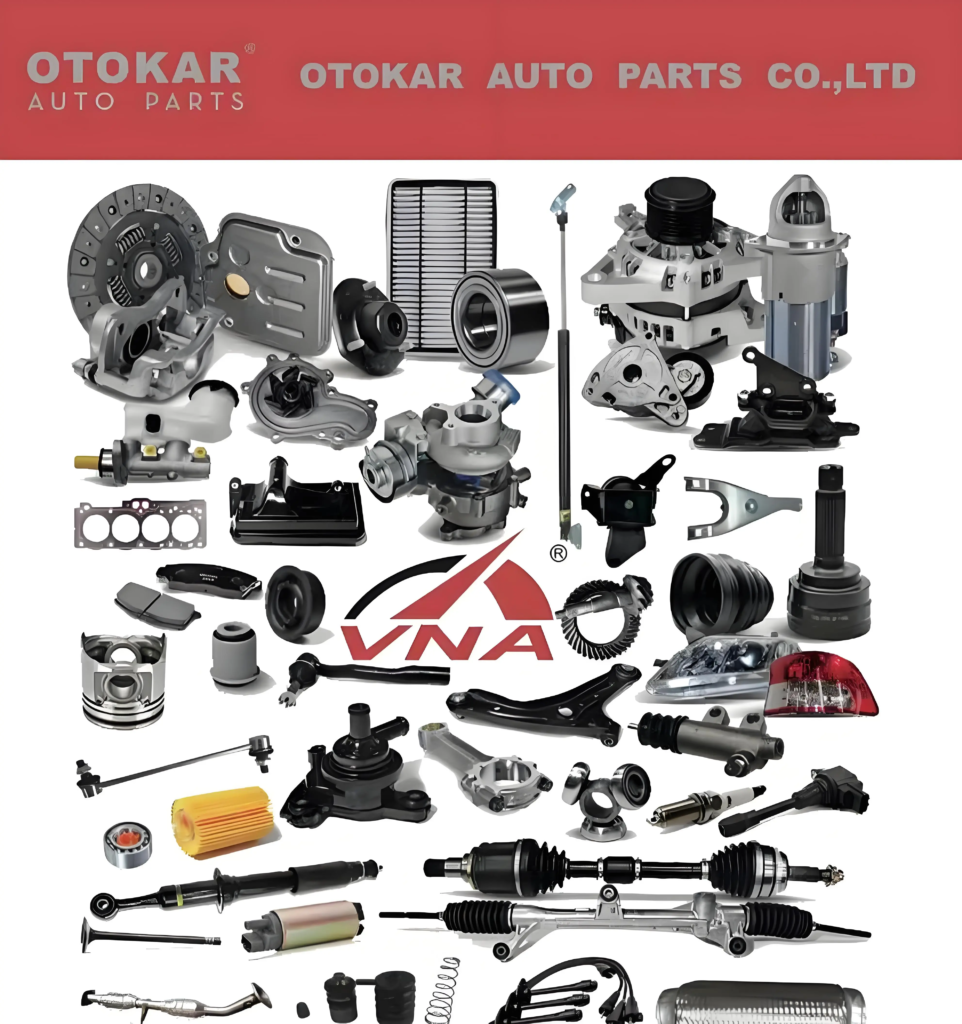
Core CNC Machining Applications in Toyota EVs
| Toyota Electric Car Component | Material | CNC Machining Highlights |
|---|---|---|
| Battery Module Frame | 6061 Aluminum Alloy | Monolithic machining eliminates welds, enhancing sealing integrity |
| Motor Rotor Shaft | 42CrMo4 High-Strength Steel | 5-axis turn-mill composite machining for simultaneous gear profile & shaft shoulder processing |
| Charging Port Housing | PEEK Engineering Plastic | High-speed cutting prevents thermal deformation, achieves Ra0.8 surface finish |
| Suspension Control Arm | 7-Series Aluminum Alloy | Topology-optimized contour machining reduces weight by 40% |
| Power Inverter Heat Sink | C11000 Copper | Micro-channel cooling structures machined with <0.1mm precision |
| Steering Knuckle | A356-T6 Cast Aluminum | Near-net-shape machining minimizes material waste (scrap rate <8%) |
| Reducer Housing | ADC12 Die-Cast Aluminum | Deep cavity machining (aspect ratio 5:1) with internal thread integration |
| BMS Mounting Bracket | Magnesium AZ31B | Vibration-damping lattice structures via adaptive toolpath programming |
| HV Cable Connector | PPS + 30% Glass Fiber | Burr-free machining for high-voltage insulation reliability |
| Wheel Hub | Forged 6061-T6 | Hard turning (HRC 45+) replaces grinding, cycle time reduced 35% |
| Thermal Management Plate | 3003 Aluminum | Vacuum-fixture machining for 0.05mm flatness across 500mm span |
| DC-DC Converter Case | Stainless Steel 304 | Mirror-finish milling (Ra0.4) for EMI shielding effectiveness |
| Pedal Assembly Bracket | Carbon Fiber Composite | Diamond-coated tool machining with <0.01mm delamination |
| Onboard Charger Housing | PA66 GF50 | Thread-forming taps eliminate insert molding secondary ops |
| Crash Sensor Mount | Titanium Ti-6Al-4V | High-efficiency trochoidal milling extends tool life 3x |
Key CNC Advantages in Toyota Electric Car:
- Precision: ±0.01mm tolerances for critical powertrain components
- Lightweighting: Topology optimization + material-specific toolpaths
- Process Integration: Combined turning/milling/drilling in single setup
- Surface Quality: Ra <1.6μm for sealing surfaces without post-polishing
*Note: All applications prioritize DFM (Design for Manufacturing) principles to balance performance and cost-efficiency.*
Three Key Benefits of 5‑Axis CNC for Toyota Electric Car Production
- Precision Leap
- Stator groove machining to ±0.005 mm reduces electromagnetic losses by 10%.
- Laser‑drilled LIDAR mounting brackets feature micro‑hole arrays with diameter variance ≤ 5 µm.
- Efficiency Breakthrough
- A differential housing once requiring five fixtures is now completed in a single 5‑axis clamp, cutting cycle time by 60%.
- Cost Optimization
- AI‑driven toolpath algorithms reduce aluminum scrap rate from 35% to 8%, boosting material utilization to 92%.
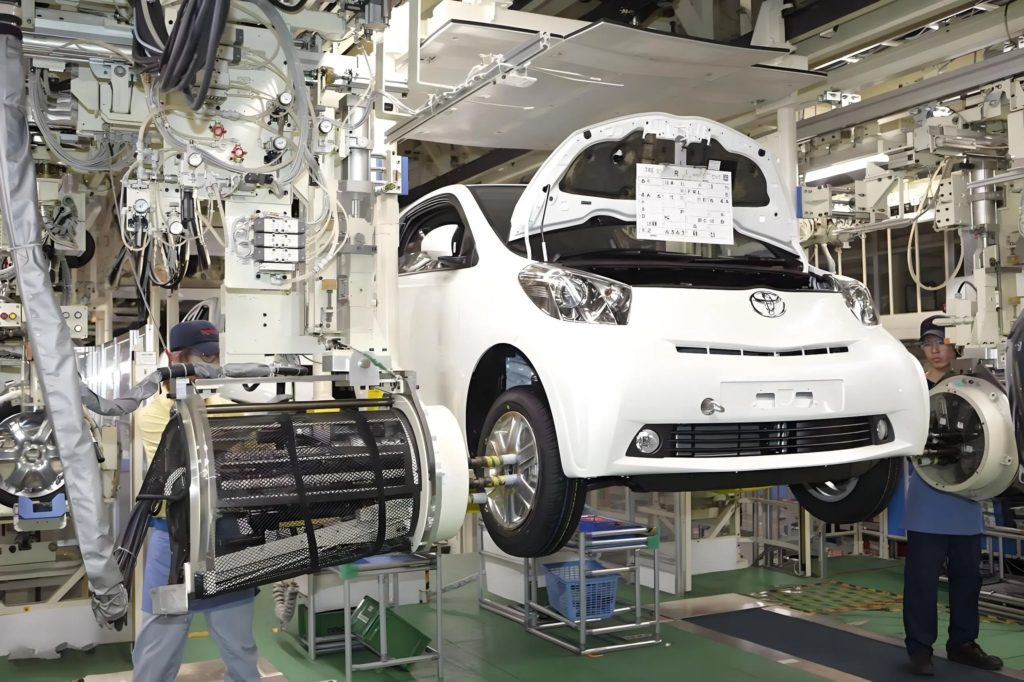
Great Light’s Role in Enabling Toyota’s CNC Innovations
Customized Solutions
- bZ4X Thermal Management Pipework
Developed a hybrid workflow—3D‑printed stainless preforms followed by 5‑axis CNC finishing—for intricate coolant manifolds, improving flow uniformity by 18%. - Flexible CNC Production Lines
Launched the world’s first CNC “soft‑tool” line capable of switching between motor end‑caps for different Toyota Electric Car models in under 10 minutes.
Sustainable Manufacturing Practices
- Closed‑Loop Titanium Recycling
All Ti‑alloy swarf is collected and re‑melted on‑site, cutting material footprint by 35%. - Bio‑Based Coolants
Switched to a vegetable‑oil–derived cutting fluid with 92% biodegradability, meeting ISO 14001 environmental targets.
Quality Control Systems — Toyota’s Hard Requirements for CNC Suppliers
Online Inspection Systems
Real‑time laser scanning of each battery connector boss links directly to Toyota’s MES, flagging deviations instantly and preventing downstream failures.
Certification Matrix
- IATF 16949 automotive quality standard
- Toyota SQAM (Supplier Quality Assurance Model) audits each CNC cell quarterly.
Zero‑Defect Commitment
During million‑unit annual runs, CNC component PPM (defective parts per million) must remain ≤ 50, ensuring sub‑0.005% defect rates.
Future Trends: Deep Coupling of CNC and Electrification Technologies
Smart Machining
Digital twins enable adaptive cutting compensation, adjusting toolpaths in real time to counter battery pack warping from temperature cycles.
Ultra‑High‑Speed Machining
30,000 RPM ceramic‑tool spindles are being trialed to achieve mirror finishes on silicon‑carbide power module substrates, eliminating manual polishing.
FAQs
Is CNC Machining Suitable for Large‑Scale EV Production?
Absolutely. Toyota Electric Car’s modular tooling approach allows a single 5‑axis center to produce up to 2,000 brake calipers per day, matching high‑volume automotive demands.
How Does Toyota Address EV Part Corrosion Resistance?
Great Light applies micro‑arc oxidation and nano‑pore sealing to critical aluminum and magnesium components, achieving salt‑spray performance beyond 3,000 hours.
Conclusion — Precision Manufacturing Driving the Electric Future
Toyota Electric Cars exemplify how CNC processing technology underpins the evolution of EV engineering. By partnering with innovators like Great Light, Toyota harnesses 5‑axis CNC machining as both spear and shield—driving performance gains while upholding zero‑defect quality. For cutting‑edge EV CNC solutions, accelerate your journey with us today.
🔧 Contact Great Light to customize your Toyota Electric Car CNC machining strategy and power the next generation of electric mobility!



